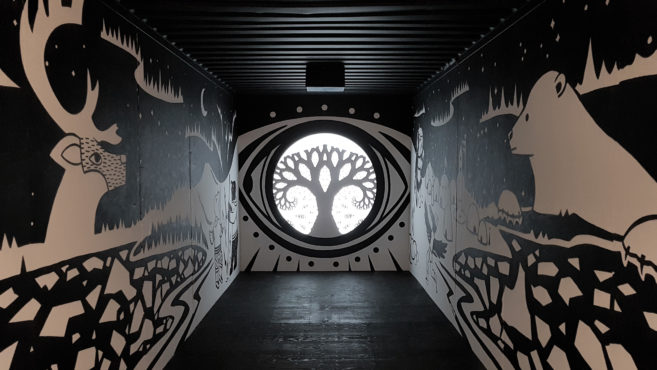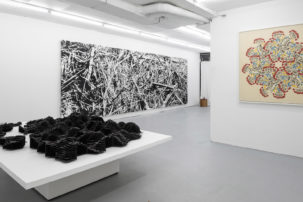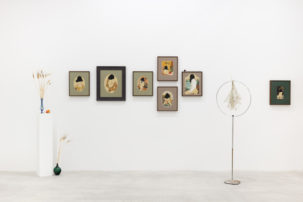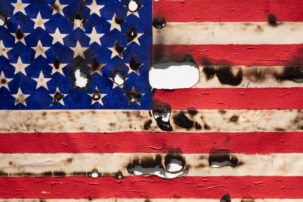As a millennial who spends too much time on the internet, I’ve discovered the wonder of memes and the community (IRL and online) that can be built through them. The term “meme” has been around since the 1970s and is defined as “an idea, behaviour, style, or usage that spreads from person to person within a culture.” But online memes seem to spread much farther, and faster, than offline ones, and can rapidly build and support communities and cultures around them.
There are myriad meme-makers out there in the world, but what sets this Indigenous-led social media meme account apart is that it’s led by Indigenous womxn, and benefits from the collaborative nature of shared authorship. What it does well is use humour as a coping mechanism to deal with issues that are often shared by Indigenous folks. These familiar issues may include, but are not limited to, microaggressions, cultural appropriation, the social isolation of urban Indigenous populations, intergenerational trauma and ongoing colonial violence. Many memes playfully share truths that BIPOC know too well—like when they challenge the concept of a “peaceful and polite” Canada, for example.
Decolonial Meme Queens is popular because it offers the quick dissemination of relatable content specifically geared toward an Indigenous audience. By creating and sharing memes that are culturally relevant to our kin, the authors—a collective of Native womxn and Two-Spirit folks—help build an online community that fosters identity and offers validation by making space for followers to bear witness to one another’s shared experiences.
Although the widespread use of social media has given rise to a steady onslaught of armchair activists, online spaces such as Decolonial Meme Queens do create room for important issues to be discussed and can become critical sites for knowledge sharing. Streaming live videos can help raise awareness and online fundraisers are spread through linked accounts with large numbers of followers. Decolonial Meme Queens also dedicates part of its account to sharing information about concrete actions one can take, particularly by way of monetary donations. As they state on their page, memes will not decolonize you, but actively dismantling the system of colonialism will. Indigenous artists have a long and rich history of using humour to subvert the colonial narratives placed on their bodies. A recent example is “Nanabozho’s Sisters,” curated by Wanda Nanibush, a touring survey exhibition spanning 30 years of creation from Indigenous women that exemplifies the power of humour, irony and satire. Indigenous meme-makers take these forms of thinking and expand them to the platforms of Instagram, Facebook and Twitter. Although remixed versions of pictures paired with text do not make the issues of colonization hurt any less, they do give us an occasional guffaw and a needed respite from the relentless pressure that we as Indigenous peoples live under in so-called Canada.

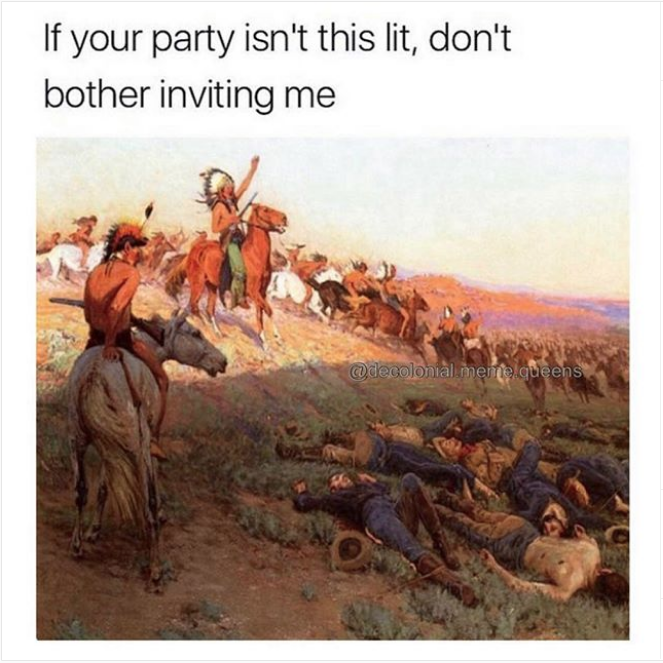 @decolonial.meme.queens, February 12, 2019.
@decolonial.meme.queens, February 12, 2019.
